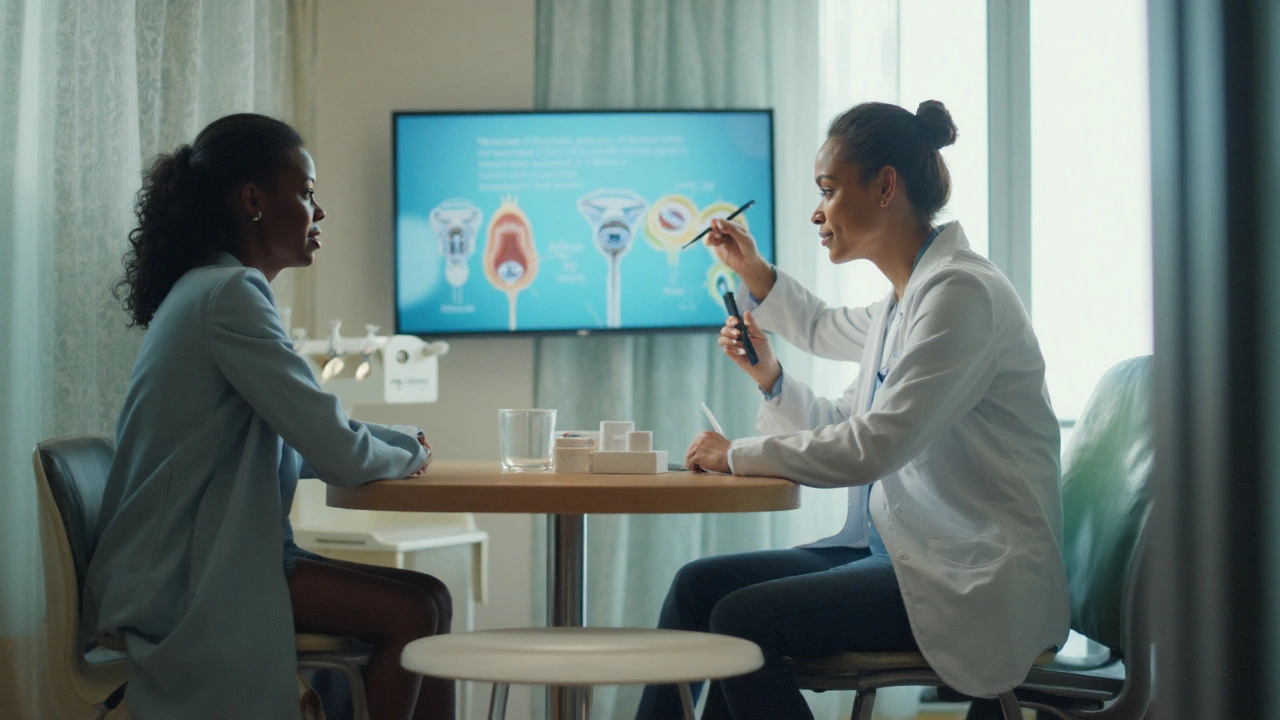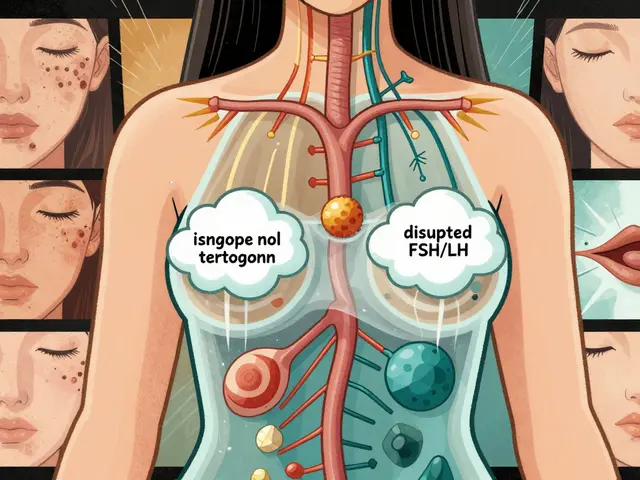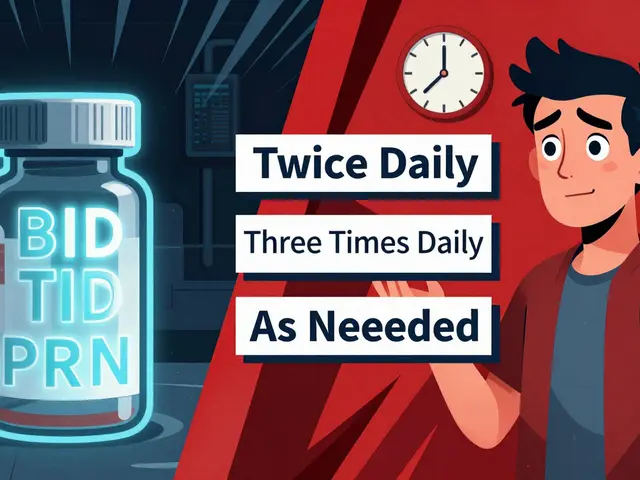Autoimmune Disorders and Fertility: Key Facts & Tips
If you have an autoimmune condition, it’s natural to wonder if it will hurt your chances of having a baby. The short answer is yes—many immune‑related diseases can mess with hormones, ovulation, or sperm production—but the good news is that most issues are manageable with the right care.
How Autoimmune Diseases Interfere With Reproductive Health
Autoimmune disorders cause your body to attack its own tissues. When that attack hits glands that control hormones—like the thyroid, ovaries, or testes—it can throw off menstrual cycles, reduce egg quality, or lower sperm count. Even inflammation in the uterus or placenta can make it harder for an embryo to implant.
Common Conditions That Impact Fertility
Lupus (SLE) often leads to blood‑clot problems and kidney issues that can affect pregnancy safety. Hashimoto’s thyroiditis or Graves’ disease change thyroid hormone levels, which are key for regular periods. Celiac disease may cause nutrient deficiencies that harm egg development. Rheumatoid arthritis and multiple sclerosis can reduce libido and stamina, adding another layer of difficulty.
The impact isn’t the same for everyone. Some people notice irregular periods, while others have normal cycles but struggle with implantation. That’s why a personalized plan from a specialist matters.
Medical Strategies to Boost Chances
First step: get your autoimmune disease under control before trying to conceive. Doctors usually aim for low‑grade inflammation and stable hormone levels. For thyroid problems, a simple levothyroxine dose can make cycles regular again. Lupus patients often need blood‑thinner medication like low‑dose aspirin or heparin during pregnancy to prevent clotting.
Don’t stop meds without talking to your doctor—some drugs are safe in pregnancy, while others aren’t. Biologics used for rheumatoid arthritis, such as etanercept, have been studied and can be continued under supervision.
Lifestyle Tweaks That Help
Nutrition matters a lot. Anti‑inflammatory foods—think fatty fish, leafy greens, nuts—can calm the immune system. Iron, folic acid, vitamin D, and omega‑3 supplements are especially useful for women with celiac or lupus.
Stress reduction is another hidden factor. Chronic stress spikes cortisol, which can worsen autoimmunity and disturb ovulation. Simple habits like daily walks, meditation, or yoga have shown real benefits in small studies.
When to Seek a Fertility Specialist
If you’ve been trying for six months (or three months if you’re over 35) without success, schedule an appointment with a reproductive endocrinologist. They’ll run tests that check hormone levels, ovarian reserve, and sperm health, then suggest options like timed intercourse, IUI, or IVF.
IVF can be particularly helpful for women whose autoimmune disease causes repeated miscarriage. Adding steroids or intralipid therapy during the embryo transfer phase sometimes improves implantation rates.
Bottom Line
Autoimmune disorders do add hurdles, but they’re not a dead end. Keep your disease stable, eat anti‑inflammatory foods, manage stress, and work closely with both your rheumatologist and fertility doctor. With the right plan, many people with lupus, thyroid issues, celiac, or similar conditions go on to have healthy pregnancies."





